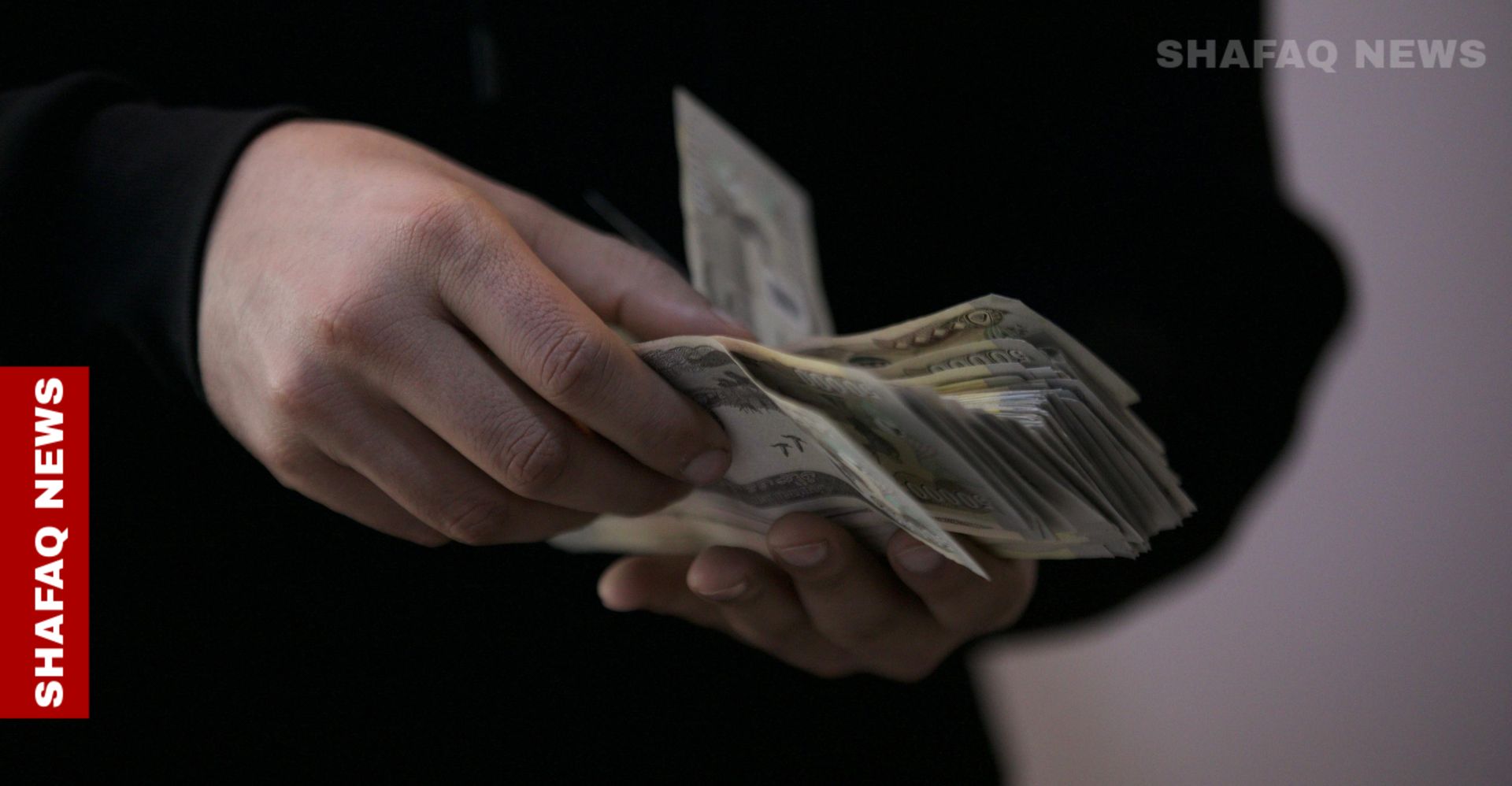By 2025, Iraq’s financial revenues will exceed 72 trillion dinars.
 The Ministry of Finance revealed on Tuesday that Iraq’s federal budget revenues from January to July of this year exceeded 72 trillion dinars, indicating that oil’s contribution to the budget declined slightly to 90%.
The Ministry of Finance revealed on Tuesday that Iraq’s federal budget revenues from January to July of this year exceeded 72 trillion dinars, indicating that oil’s contribution to the budget declined slightly to 90%.
Shafaq News Agency followed up on the data and tables issued by the Ministry of Finance in August for the fiscal year’s accounts for the first seven months of the current year, which showed a 90% increase in oil’s contribution to the general budget compared to the previous month, indicating that the rentier economy is the basis of the country’s general budget.
The financial tables indicated that total revenues amounted to 72 trillion, 35 billion, 27 million, 218 thousand, and 561 dinars.
According to the financial tables, oil revenues amounted to 64 trillion, 959 billion, 638 million, and 432 thousand dinars, representing 90% of the general budget, while non-oil revenues amounted to 7 trillion, 75 billion, 388 million, and 786 thousand dinars.
She indicated that the total salaries of employees amounted to 38 trillion, 504 billion, and 28 million dinars, while social welfare salaries amounted to 3 trillion, 248 billion, and 328 million dinars, and retirees’ salaries amounted to 10 trillion, 945 billion, and 565 million dinars.
According to the budget, total expenditures for current expenses amounted to 64 trillion, 271 billion, 478 million, and 235 thousand dinars.
In March 2021, the Prime Minister’s advisor for financial affairs, Mazhar Mohammed Salih, confirmed to Shafaq News Agency that the reasons for the economy remaining rentier are due to the wars and the economic blockade imposed on Iraq during the past era, as well as the political conflicts we are witnessing today, which have led to the dispersion of economic resources.
The Iraqi state’s continued reliance on oil as its sole source of public finances places it at risk from the global crises that occur from time to time, due to the impact of oil. This forces the country to each time resort to covering the deficit through external or domestic borrowing. This indicates an inability to manage the state’s finances effectively and an inability to find alternative financing solutions.
Shafaq.com
